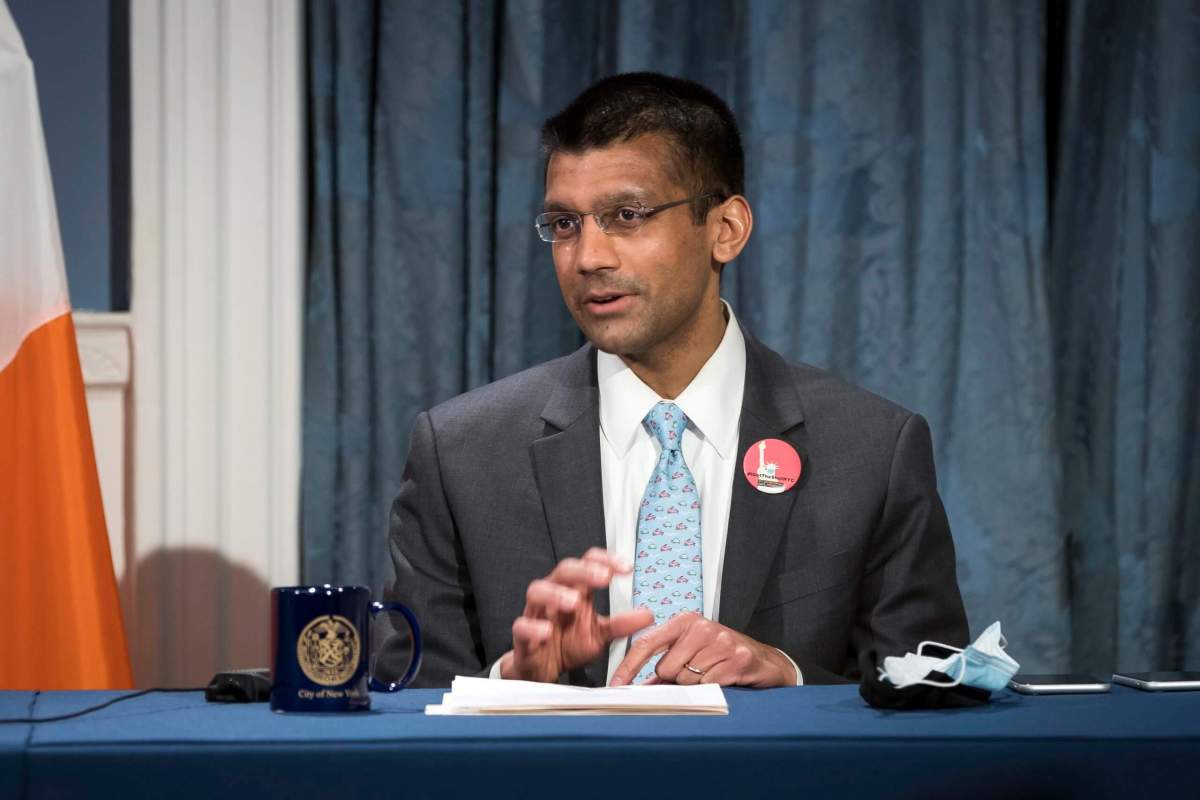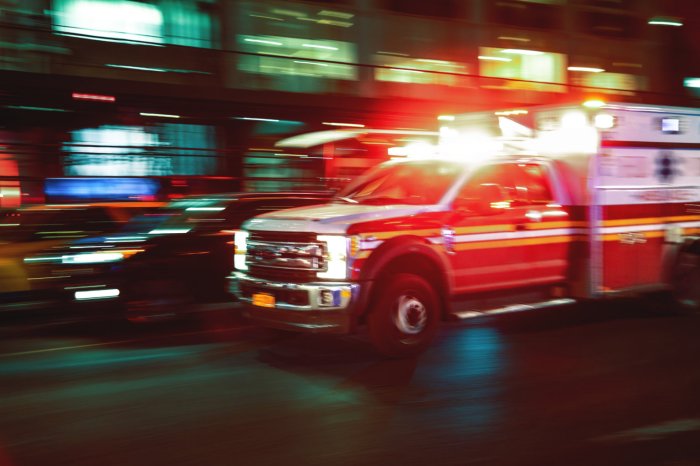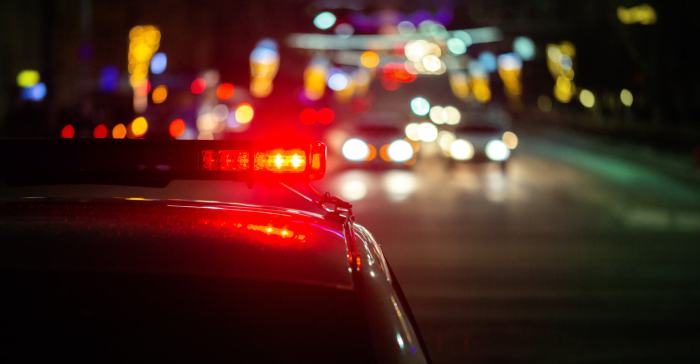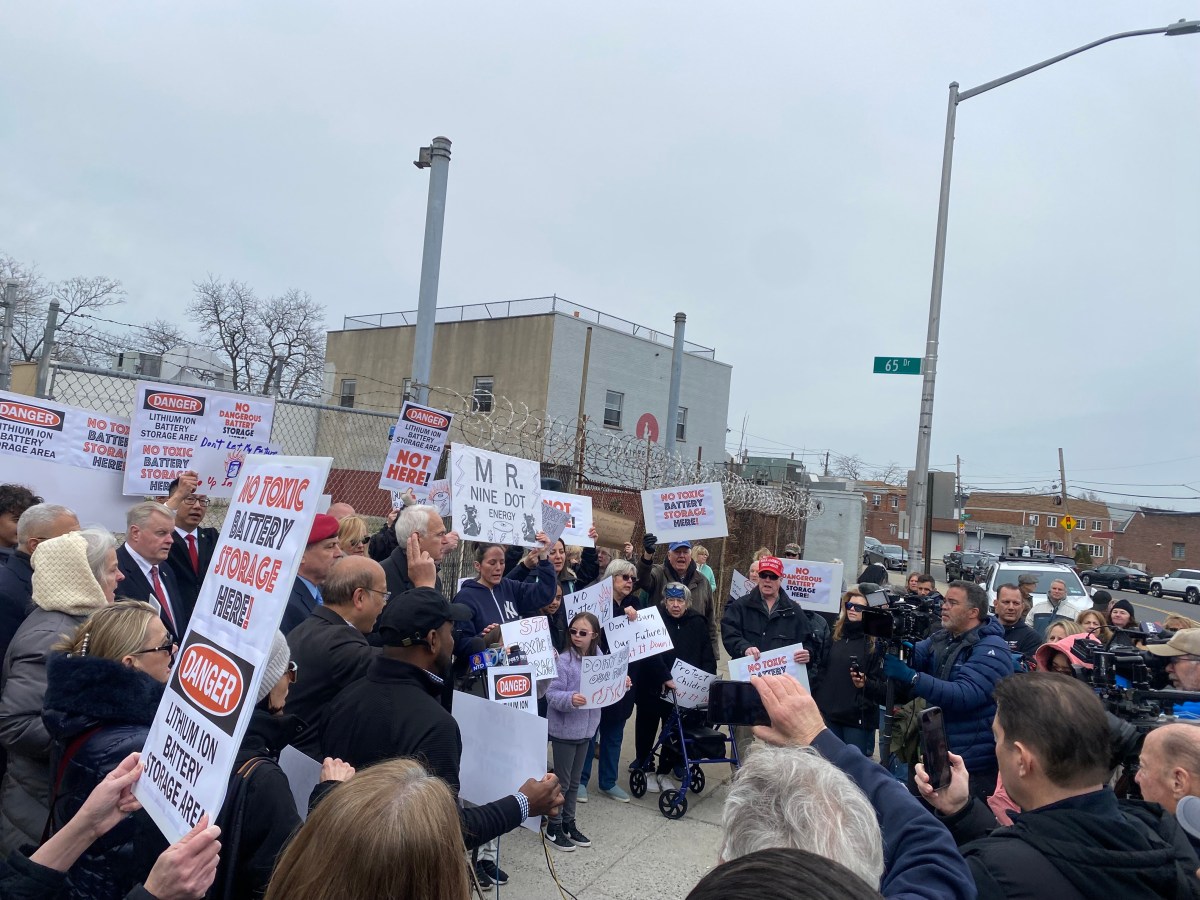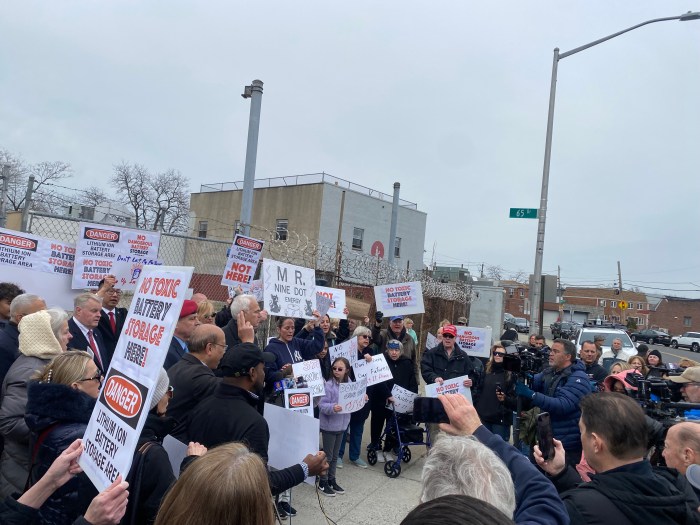City health officials are setting their sights on younger New Yorkers for COVID-19 vaccines, as infection rates have ticked up in recent weeks and the highly-contagious Delta variant has become one of the dominant strains in the five boroughs.
“The spread of the Delta variant means that it is perhaps the most dangerous time to be unvaccinated,” said Department of Health Commissioner Dr. Dave Chokshi during Mayor Bill de Blasio’s daily press briefing Monday, July 12. “You’ll see an even more concerted push around ensuring that younger people get vaccinated over the course of the summer.”
COVID-19 positivity rates have increased since late June, with the latest Health Department data showing a 1.2% percent positivity rate and 328 new cases citywide across a seven-day average as of July 10, up from 0.59% and 200 cases on June 27.
Luckily, hospitalization rates remain fairly low at a rate of 0.28 per 100,000 across a seven-day average and 78 people admitted to hospitals with suspected COVID-19 as of July 10, which officials attribute to vaccinations.
But some pockets of the city remain stubbornly higher in their case rates and lower in vaccinations, according to Chokshi.
“We’re seeing, for example, in Staten Island the percent positivity and the case numbers have increased in recent days and weeks, and that’s because we have unvaccinated individuals, particularly younger people, who remain unvaccinated,” said the city’s doctor.
On parts of the Rock, COVID-19 positivity rates ranged from 3-4% in some neighborhoods where vaccination rates where largely below 50%.
The city will focus its outreach on mobile vaccine buses, working with community groups, and offering at-home vaccinations to anyone to curb low inoculation rates, with a specific focus on young people, according to de Blasio.
“We’re going to have a particular opportunity around younger folks in the lead up to school, I think a lot of parents are going to want to get their young people vaccinated,” Hizzoner said.
The Delta variant, which emerged in India late last year and is more transmissible than previous forms of the disease, has made up more than a quarter, or 26%, of all cases in the city over the past four weeks, the same amount as the B.1.1.7 variant first detected in the United Kingdom.
The available vaccines — either the one-and-done Johnson & Johnson shot or the two-dose Pfizer or Moderna serums — are effective against the Delta variant of COVID-19 and other forms of the virus.
Vaccinated people can still contract COVID-19, but the antibodies built up in their immune systems from the shot are highly effective at preventing serious, life-threatening illness.



